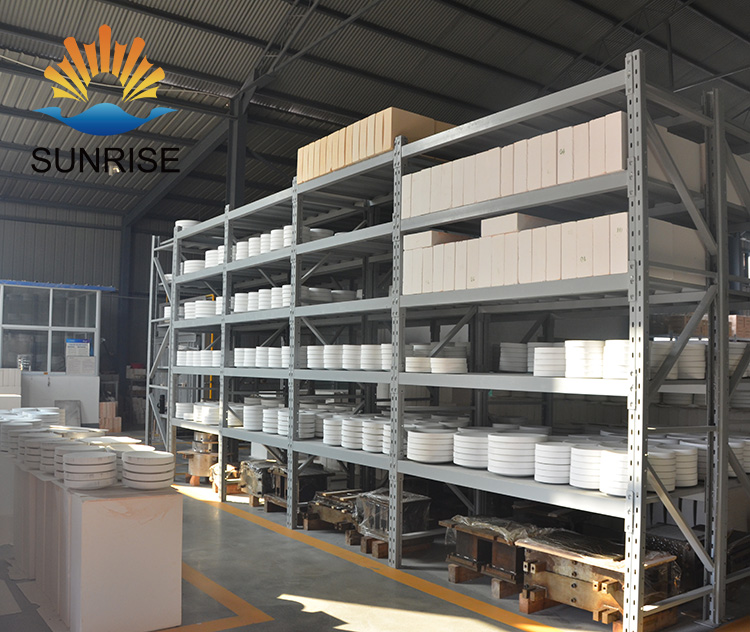Thermal properties and electrical conductivity of refractori
1. Thermal expansion
The GB / T7320 standard has two definitions: linear expansion rate (relative change rate of sample length from room temperature to test temperature, expressed in%), average linear expansion rate (sample temperature increases by 1 ° C between room temperature and test temperature) The relative rate of change, the unit is 10-6 / ℃).
GB / T7320 standard measurement principle: heating the sample to the specified test temperature at a specified heating rate, measuring the change in sample length with increasing temperature, and calculating the linear expansion rate of the sample with increasing temperature and the specified temperature The average linear expansion coefficient of the range and draw the expansion curve.
2. Thermal conductivity
The thermal conductivity is defined as the amount of heat transferred through the unit area of the material along the direction of heat flow under unit temperature gradients per unit time.
The principle of measuring the thermal conductivity is: According to the basic principle of the Fourier one-dimensional flat plate heat conduction process, the heat flow in a one-dimensional temperature field per unit time in the steady state is measured through the hot surface of the sample to the cold surface and then flows through the central calorimeter Absorbed heat. The heat is proportional to the thermal conductivity of the sample, the temperature difference between the cold and hot surfaces, and the area of the heat absorption surface of the central calorimeter, and is inversely proportional to the thickness of the sample.
The physical meaning of thermal conductivity refers to the heat passing through a unit vertical area per unit time under a unit temperature gradient. Thermal conductivity is a physical index that characterizes the thermal conductivity of refractory materials. Its value is equal to the heat flux density divided by the negative temperature gradient.
3. Heat capacity
Any substance heats up when heated, but different substances with the same mass need different amounts of heat to heat up 1 ° C. It is usually expressed by the amount of heat (KJ) required to heat 1kg of substance under normal pressure to raise it by 1 ° C, and is called the heat capacity (also known as the specific heat capacity).
4. Electrical conductivity
Refractory materials (except carbon and graphite products) are poor conductors of electricity at room temperature. As temperature increases, resistance decreases and conductivity increases. The increase is particularly significant at temperatures above 1000 ° C. If heated to a molten state, it will exhibit a large electrical conductivity.
Pre:
Do you know what is breathable corundum brick?
Next:
Do you know the precautions for laying refractory bricks?

